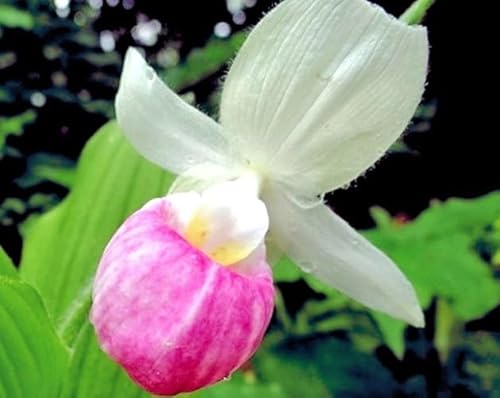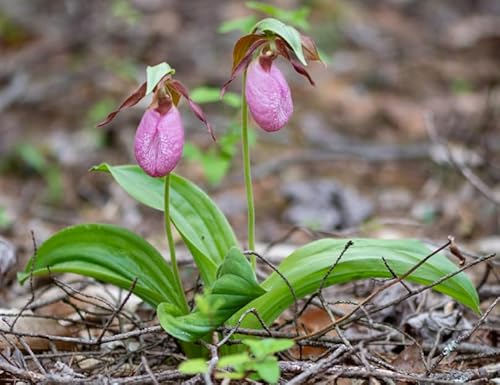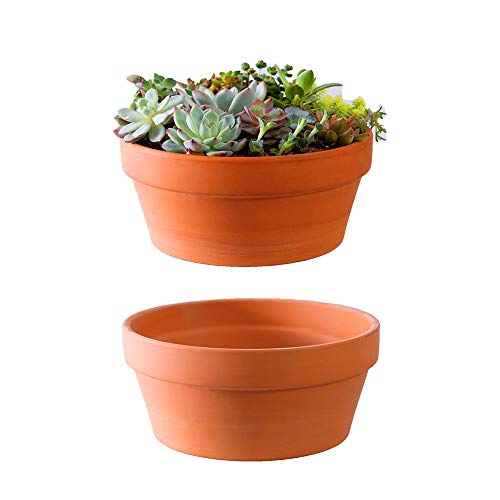Plants (including orchids), with a high commercial value and which can be propagated by cloning, are routinely patented.
The thing about the RHS hybrid name registrations is that the names are not protected by law. The RHS has no legal authority to force us to recognise and use the registered names. Commercial nurseries commonly drop the correct, registered name and replace it with their own trade name. For example: I could have a bench full of Paph. Ho Chi Minh and put labels in them that says "Paph. Marcotte's Pink Beauty". I could do that with everything I sell, if I wanted. I could add "Marcotte's" in front of all the names and develop a brand recognition in the market place for my stuff. The RHS and the person who registered the name HCM can't do anything about that.
Another example: I used to be the North American agent for Alba Labs in South Africa. I imported Disa seedlings (and as it turned out, mostly killed them!). One of the named clones that I got from them was Disa Rosy Face; but, "Rosy Face" is a trade name, not an RHS registered name. Alba Labs' Disa Rosy Face is actually Disa unidiorosa and it's been given the clonal name of 'Rosy Face'; but, they chose to drop the correct hybrid name (unidiorosa) and just go with the clonal name. This is done A LOT in Europe! The quality of the European plants is very high; but, the names are so often just a trade name, not the true RHS registered name. You'll notice that a lot of our European members are frequently posting photos of plants that they bought at a local store; but, it came without a name or a trade name and not a name that is registered with the RHS. So, they show it to us in the hopes of figuring out it's "real" RHS registered name.












































